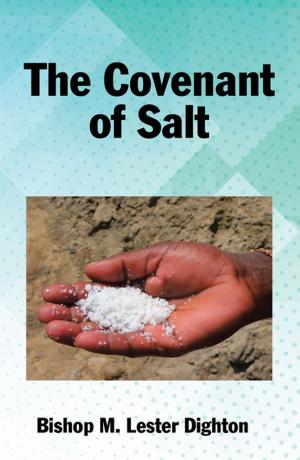| Author: | Marcel James | ISBN: | 9781524519469 |
| Publisher: | Xlibris AU | Publication: | November 29, 2016 |
| Imprint: | Xlibris AU | Language: | English |
| Author: | Marcel James |
| ISBN: | 9781524519469 |
| Publisher: | Xlibris AU |
| Publication: | November 29, 2016 |
| Imprint: | Xlibris AU |
| Language: | English |
The story refers to two ex-SAS officers and an NCO currently working for an American pharmaceutical company in different parts of the United Kingdom. They meet other English-speaking members from other countries who have gathered for lunch in London with friends on the eve of their departure to New York for a conference.
On his return to London, Colonel Ian Wallace discovers that Marcia, the wife of his lifelong friend, Major McLean, who was mortally wounded in Afghanistan when on their way to inspect a village, could have been murdered or died as a result of slipping in her bathtub. DCI Brian Scranton suspects the dead officers best friend, Colonel Wallace.
DS Terry Andrews, assisting DCI Scranton, is not convinced that Colonel Wallace is a murderer, having served under Wallace and McLean years earlier in Iraq.
Colonel Wallace had resigned from the SAS after Major McLeans death and in order to be closer to his own wife Sue (ne Campbell), who was being treated for melanoma, which she had contracted in a tanning studio when visiting her parents in the Central Coast of New South Wales, Australia.
About the same time, bathroom murders were discovered in Gettysburg and Manhattan, places where the London group visited.
Colonel Wallace, in an attempt to deflect the suspicion from himself to save his wife from anguish, who appears in remission from the cancer, blames an ex-Australian of New Zealand birth who the colonel discovered had accidentally killed his sister in their bathroom years earlier.
Under pressure from very senior army officers, the police commissioner wants DCI Scranton to either arrest Colonel Wallace or stop harassing him. Scranton sends DS Andrews, accompanied by Colonel Wallace, to the United States to find out more from the NYPD and the Metropolitan Police District of Columbia.
The book incorporates some relevant history. It holds the reader in suspense as long as possible; it reflects the trauma that returned soldiers suffer on their return to civilian life, and that men would try anything to deflect problems away from their partner.
The story refers to two ex-SAS officers and an NCO currently working for an American pharmaceutical company in different parts of the United Kingdom. They meet other English-speaking members from other countries who have gathered for lunch in London with friends on the eve of their departure to New York for a conference.
On his return to London, Colonel Ian Wallace discovers that Marcia, the wife of his lifelong friend, Major McLean, who was mortally wounded in Afghanistan when on their way to inspect a village, could have been murdered or died as a result of slipping in her bathtub. DCI Brian Scranton suspects the dead officers best friend, Colonel Wallace.
DS Terry Andrews, assisting DCI Scranton, is not convinced that Colonel Wallace is a murderer, having served under Wallace and McLean years earlier in Iraq.
Colonel Wallace had resigned from the SAS after Major McLeans death and in order to be closer to his own wife Sue (ne Campbell), who was being treated for melanoma, which she had contracted in a tanning studio when visiting her parents in the Central Coast of New South Wales, Australia.
About the same time, bathroom murders were discovered in Gettysburg and Manhattan, places where the London group visited.
Colonel Wallace, in an attempt to deflect the suspicion from himself to save his wife from anguish, who appears in remission from the cancer, blames an ex-Australian of New Zealand birth who the colonel discovered had accidentally killed his sister in their bathroom years earlier.
Under pressure from very senior army officers, the police commissioner wants DCI Scranton to either arrest Colonel Wallace or stop harassing him. Scranton sends DS Andrews, accompanied by Colonel Wallace, to the United States to find out more from the NYPD and the Metropolitan Police District of Columbia.
The book incorporates some relevant history. It holds the reader in suspense as long as possible; it reflects the trauma that returned soldiers suffer on their return to civilian life, and that men would try anything to deflect problems away from their partner.















